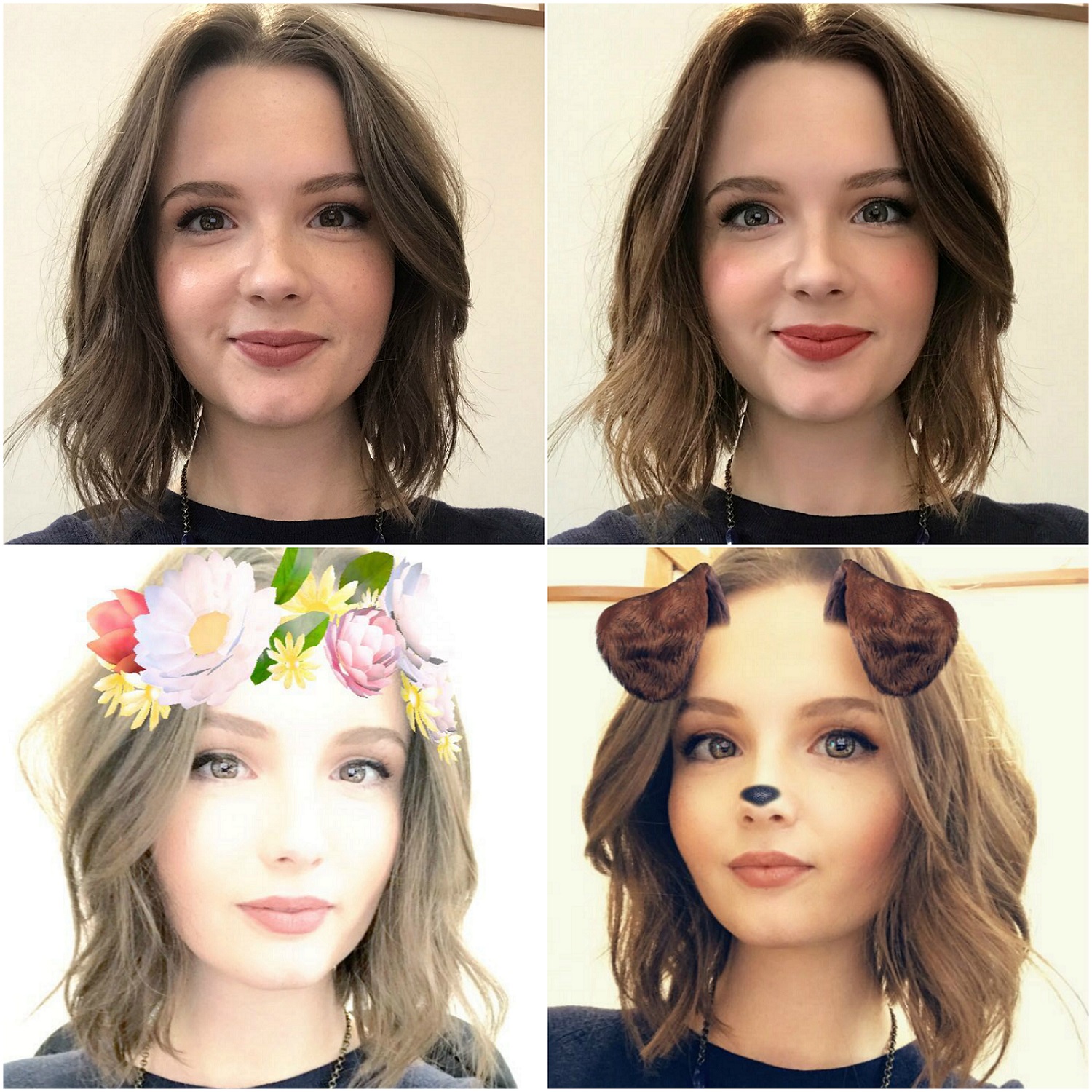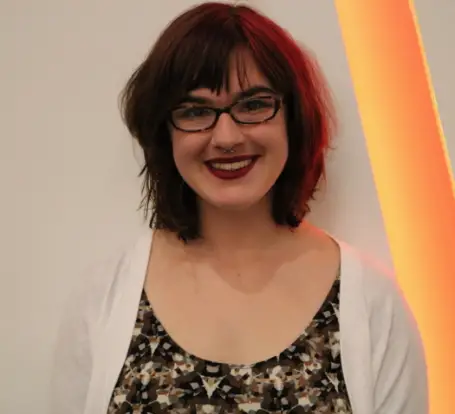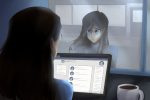Snapchat is one of the world’s most popular social media outlets, with the platform being used by almost 200 million people every single day. Unsurprisingly, the filters are one of their most popular features, but those editing aspects might be coming with an unsuspected cost: an increase in body disorders.
According to a new report from researchers at Boston University, which was published in JAMA Facial Plastic Surgery, the increased use of Snapchat filters might heighten symptoms for those diagnosed with or at-risk for body dysmorphic disorder. The plastic surgeons who contributed to the report said they have all noticed a rise in young adults seeking surgeries to look more similar to their filtered selfies.
This increase might be because of how easy it is for teenagers and young adults to alter their appearance using social media.
“Models and actors were made to look perfect in magazines and ads, but the general public did not have easy access to methods to alter their own appearance. Today, with apps like Snapchat and Facetune, that same level of perfection is accessible to everyone. Now, it is not just celebrities propagating beauty standards: it is a classmate, a coworker or a friend,” the Boston University researchers concluded.

In fact, the new rise of Snapchat filters and other photo editing apps have altered the types of cosmetic procedures sought after. Previously, the most popular type of plastic surgery was rhinoplasty aka a nose job.
Now, the most commonly requested procedures are ones that make the face more symmetrical, mirroring the way that photo filters alter facial structure
The “filtered” look is so popular because it seemingly corrects visible flaws shown in selfies. However, selfies and photo cameras are notoriously unrealistic in their own right. For example, depending on distance and angle, a selfie can make a person’s nose look up to 30 percent wider than it is in real life, potentially leading to a skewed self-image, especially among young adults and those with body-related issues.
A study of 1,500 people ranging in age from 15 to 24 found that social media use had a negative impact on mental health, so it’s no surprise that more and more young adults are having difficulties separating what they see on their screens from what they see in real life.
“Society, with all the social media, is much more image-focused,” Dr. Neelam Vashi, director of the Boston University Cosmetic and Laser Center, told BuzzFeed News.
Although filters are meant to be fun, clearly there’s some unintended downsides to the rise of instant photo-editing. It’s time to reconsider how to create the “perfect” selfie.

















